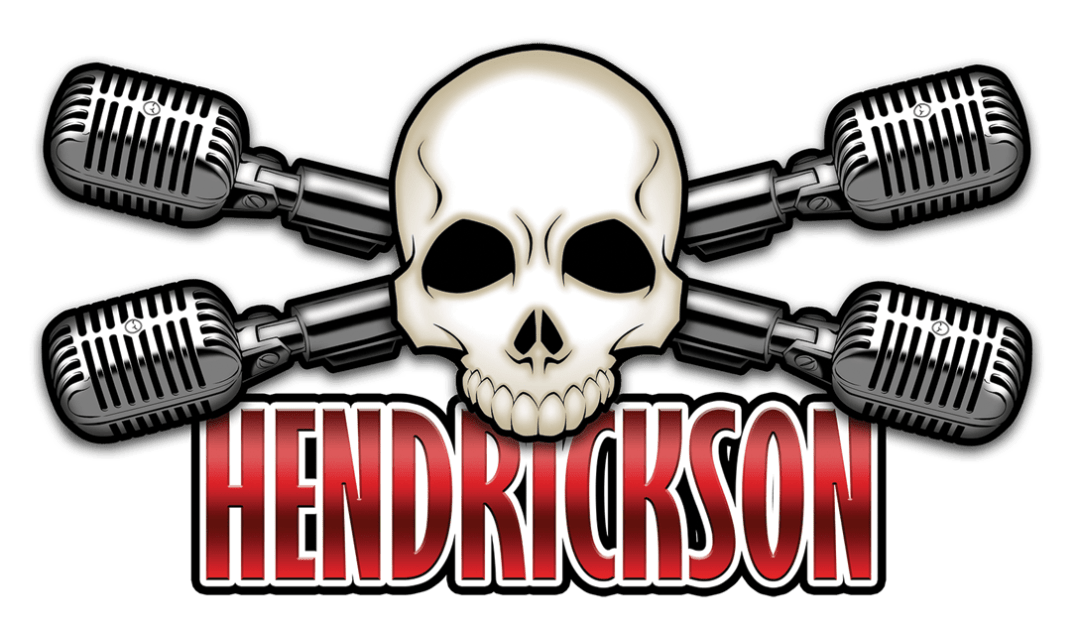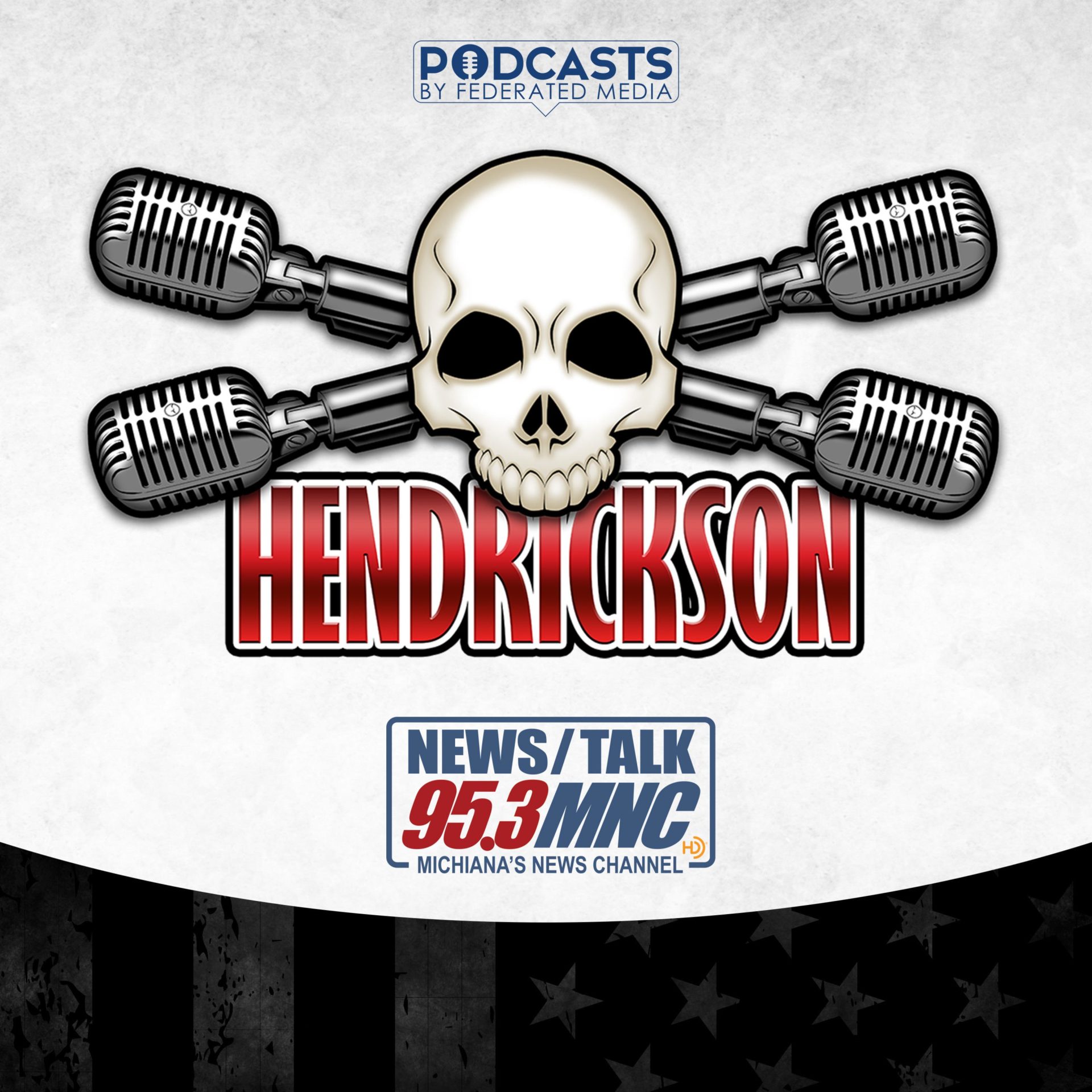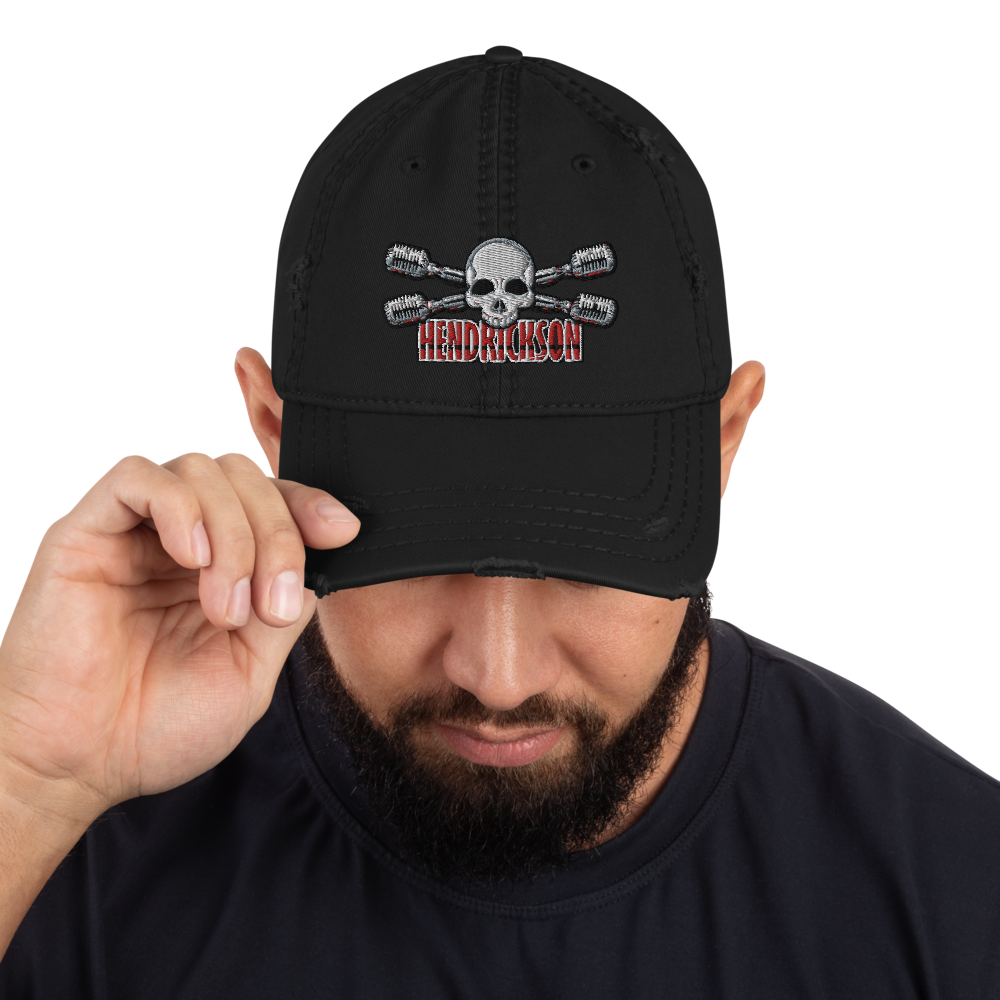
Redefining Heroes & Villains
Originally Published On November 17, 2009
On 9/11 this year I was filling in for Alan Stock on KXNT’s Morning Source. I usually tell the story of someone who was a victim of the terrorist attacks, but the morning drive format doesn’t permit me such a segment. This year I would have to come up with something new to convey the importance of those events on our society. As always, I was hoping for a teachable moment. But what to say?
I did the first couple of hours of the program with normal morning drive topics and waited for most of my audience to be awake before I addressed the day’s anniversary. I had several ideas about what I was going to say in my head, but none of them seemed to satisfy me. Sometimes in radio, you do your best work when you haven’t prepared at all, and your worst when you have.
For most of my relevant life, I’ve lived by a few different credos. The most important of which is …
All that is necessary for evil to succeed is that good men do nothing.
Edmund Burke
It’s served me well over the years, and I knew it wouldn’t fail me now.
As I discussed the events of that day, and how evil succeeded, I had an epiphany. Evil did succeed that day … because good men did nothing. Not because bad men allowed it to happen, or because we were caught off guard. It happened because good men did nothing.
Society teaches us that there is good and bad people, that’s it. A zealous few try to preach that a grey middle ground exists. It doesn’t. Society has been too narrow in its teachings of right and wrong, good and bad. Furthermore, they’ve been too generous with bestowing the title of hero. So what is a hero? What is a villain for that matter?
Time to open my trusty dictionary. I know my president says I shouldn’t, but I just can’t help myself. Before I found the definitions I was looking for I pondered, how could the dictionary possibly define such abstract concepts as hero and villain? You see, heroes and villains are not the same as good and bad. They are their own entities. Good people are rarely heroes, and bad people don’t always rise to the level of villain. I just can’t bring myself to call a petty thief a villain, I’m sorry. Heel maybe, but not villain. When I was in the Army I was called both, frequently. I was no villain, and could easily dismiss such nonsense. When I was called a hero I became very uncomfortable. I believed I was a good person doing an important job, but I’d done nothing that warranted my being called a hero. I didn’t deserve such praise.
Society says I’m a hero for just that reason, that I don’t see myself as such or seek praise. In fact, society has many definitions of what a hero is. It’s not that society has perverted yet another word’s definition as it so frequently does. It’s that hero really is too abstract to properly define for all circumstances. So is its counterpart.
So what is a hero, and what is a villain? Some say a hero is someone who does a dangerous job to help others. Most hero-heaping is bestowed upon the military, police, and firefighters. Can you really be called a hero based on your employment in a dangerous field, and accepting risk? Can it really be that easy? I suppose this could be one of those ‘I’ll know it when I see it’ moments, but doesn’t the word hero deserve more than that?
All arbitrary definitions society may have don’t mean a thing. Only the wisdom contained in my dictionary matters.
Hero:
1 a : a mythological or legendary figure often of divine descent endowed with great strength or ability b : an illustrious warrior c : a man admired for his achievements and noble qualities d : one that shows great courage
2 a : the principal male character in a literary or dramatic work b : the central figure in an event, period, or movement
3 plural usually heros : submarine 2
4 : an object of extreme admiration and devotion
Wow … how very vague of you Webster’s.
Really, the two definitions that apply are “one that shows great courage” and “an object of extreme admiration and devotion.”
Do they seem a bit watered down to you too? Great courage is no doubt a trait of the hero, but a person can show courage without it rising to the level of heroism. I do that when I do any electrical work in the house, and I’m afraid I didn’t cut the right breaker. Extreme admiration and devotion seem to fit society’s behavior towards a hero perfectly. Can that mean anyone they admire, or are devoted to is now a hero? Seems weak to me.
The dictionary is just as vague for villain.
Villain:
1 : an uncouth person : boor
2 : a deliberate scoundrel or criminal
3 : a character in a story or play who opposes the hero
4 : one blamed for a particular evil or difficulty
Come on! Work with me here!
Common criminals are not worthy of the title villain, uncouth means strange and clumsy, and what is a “particular evil?” The only thing that fits is that they are the ones who oppose the hero. So to be able to properly define villain, I must properly define hero. A task so tough Webster’s Dictionary can’t do it with any conviction.
Therefore, I submit to you that a hero is defined as a good person who acts. A good person who does something. Most often to prevent the success of evil. That is a hero! A good person who acts, most often to prevent the success of evil.
As I discussed 9/11 that morning this concept of what a hero is was so clear. Only people who spring into action on behalf of good with little regard for themselves are called heroes. That became my message that morning. I asked my audience if they were merely ‘good’ or if they were ‘heroes.’ Were they going to be good people who did something, or were they going to allow evil to succeed?
Speaking of evil. What about defining a villain? That’s the beauty of defining a hero. We now have the definition of the villain as well. A villain is someone who acts, in opposition to the hero, in order to ensure the success of evil.
With that, I leave you with some parting questions. Are you good or bad? Are you a hero or villain? Will you allow evil to succeed, or will you be that good person who does something?



